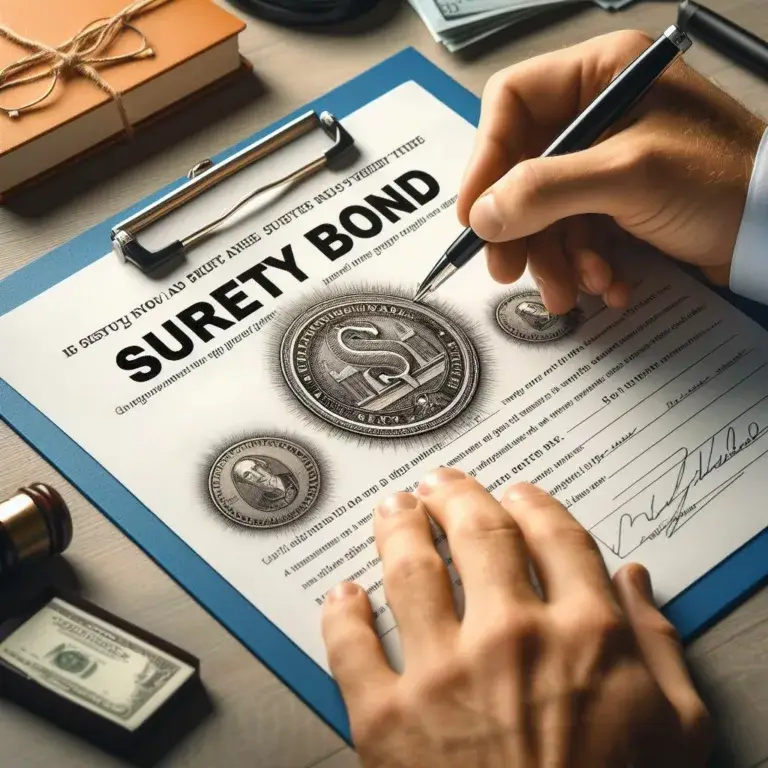Injunction Bond
Court & Fiduciary
Price: Depends on application
- An injunction bond is required in civil lawsuits when you ask the court to issue an injunction against the other party in your case.
To purchase your South Carolina Injunction Bond simply click on the "Buy Now" button. You will then be guided through a brief set of questions. After which you'll pay online and sign using DocuSign. Your new surety bond will be signed and sealed as a full-color PDF document for printing.
Securing a South Carolina Injunction Bond surety bond is a commitment by principals to adhere to the stipulations of contractual and legal obligations.
Note: If the bond requires underwriting, it may take up to 24 hours.



